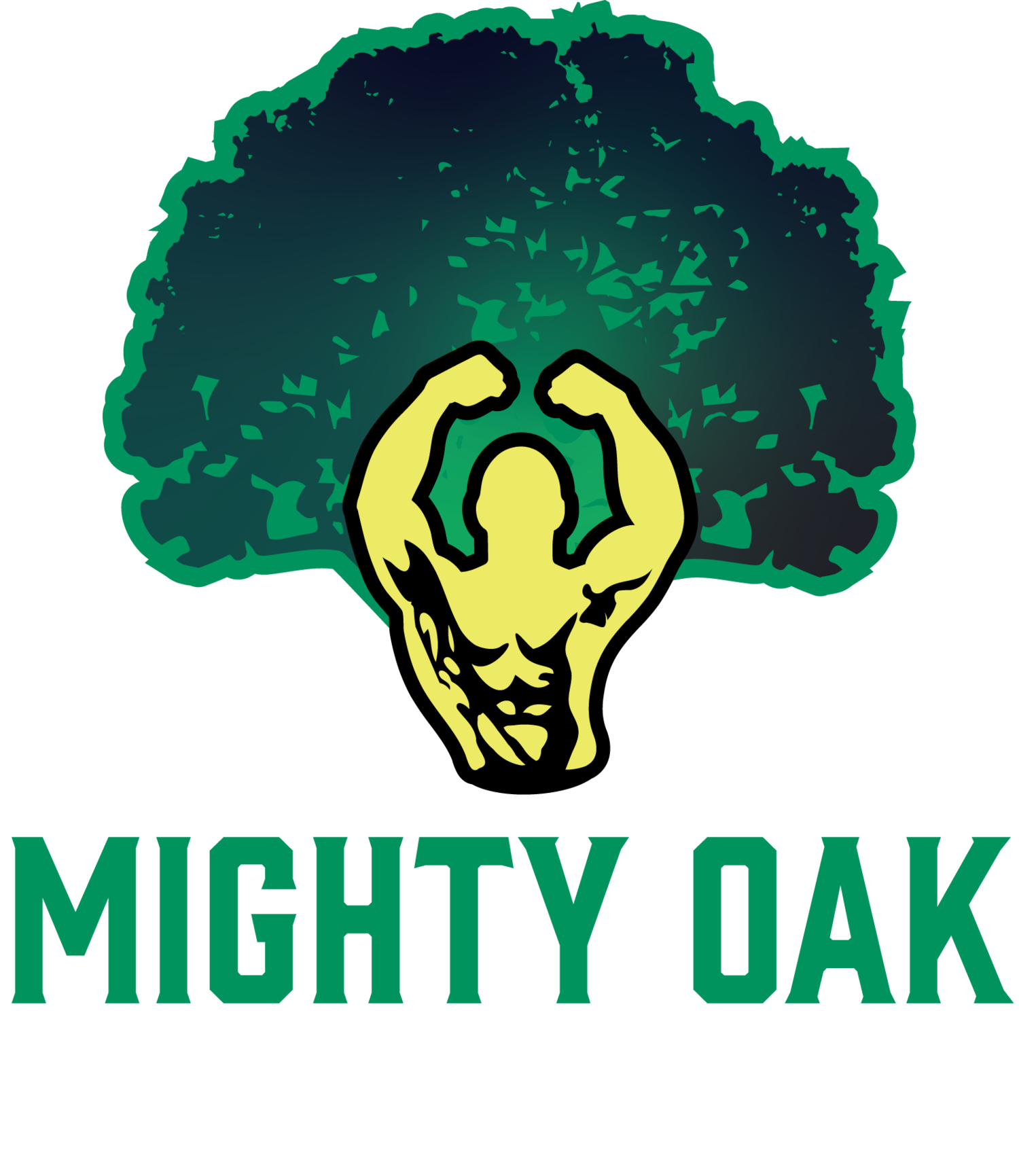Health Benefits of a Vegan Diet
Veganism has been on the rise in recent years and there are many benefits to following a plant-based diet. Some of these benefits include improved health, reduced environmental impact, and increased animal welfare.
One of the primary benefits of a vegan diet is improved health. A well-planned vegan diet can provide all the nutrients necessary for good health and may even reduce the risk of certain health problems. For example, a review of twelve studies found that a vegan diet was associated with a lower risk of heart disease (Pettersen, 2012). Another study found that vegans had lower levels of cholesterol, lower blood pressure, and a lower risk of type 2 diabetes compared to omnivores (Tantamango-Bartley, 2013).
Another benefit of veganism is a reduced environmental impact. Animal agriculture is a major contributor to greenhouse gas emissions, deforestation, and water pollution (FAO, 2006). By reducing or eliminating the consumption of animal products, individuals can significantly reduce their carbon footprint and help protect the environment.
Finally, veganism can have a positive impact on animal welfare. The animal agriculture industry is responsible for the suffering and death of billions of animals each year. By choosing a plant-based diet, individuals can help reduce this suffering and promote animal rights.
In conclusion, there are many benefits to following a vegan diet, including improved health, reduced environmental impact, and increased animal welfare. While it may take some effort to plan a balanced and nutritious diet, the benefits are well worth it for those who choose to pursue a vegan lifestyle.
References:
FAO (2006). Livestock's Long Shadow: Environmental Issues and Options. Rome, Italy: Food and Agriculture Organization of the United Nations.
Pettersen, B. (2012). Vegetarian diets and cardiovascular disease. Current Opinion in Lipidology, 23(1), 28-34.
Tantamango-Bartley, Y. (2013). Vegetarian diets and the incidence of cancer in a low-risk population. Cancer Epidemiology, Biomarkers & Prevention, 22(2), 286-294.
